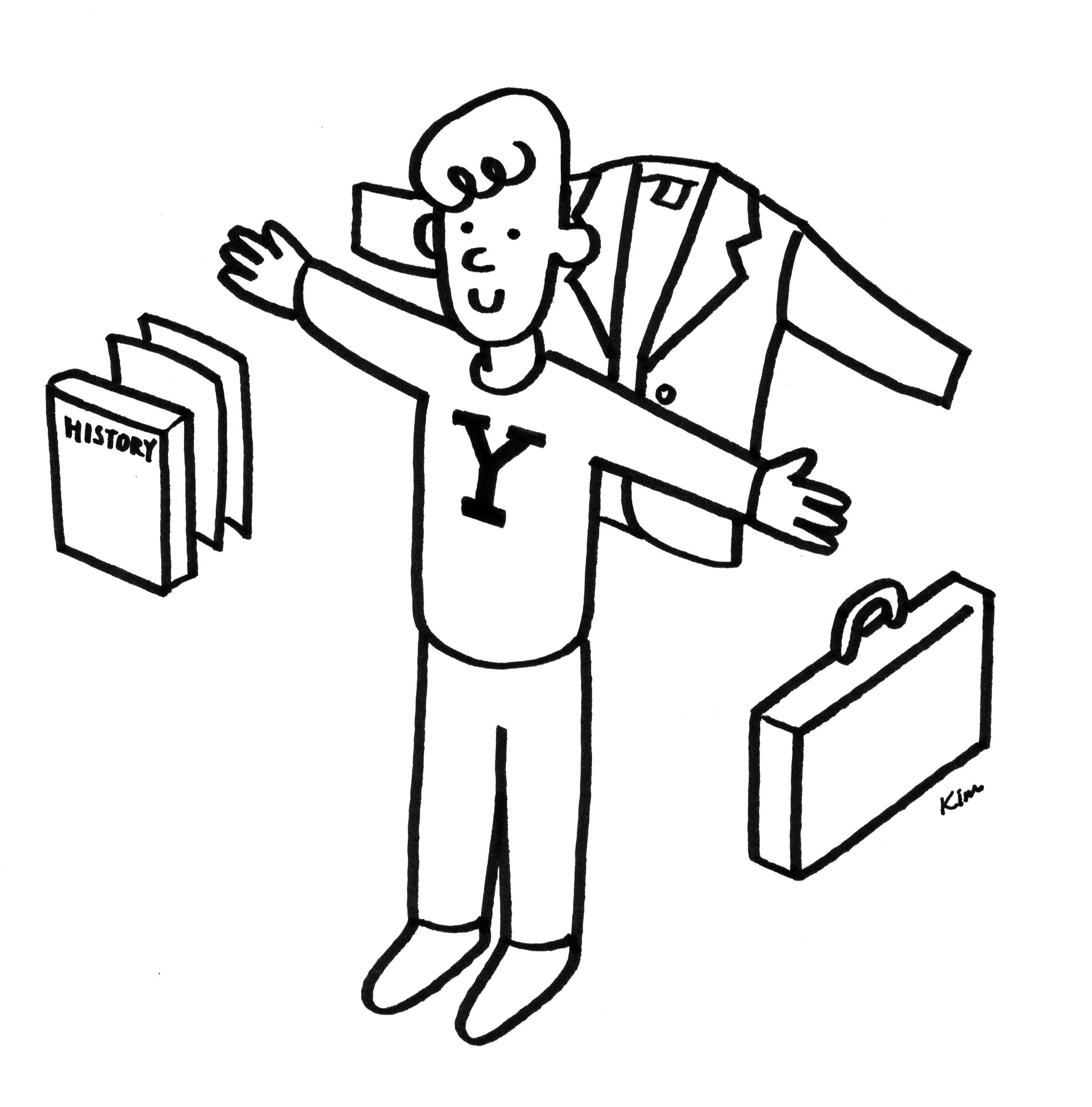
Each year, I recommend students for jobs. The questions prospective employers ask about students’ academic abilities are usually perfunctory. Instead, they focus on what matters most: students’ personal and interpersonal skills.
I love these questions. Why? Because there is considerable overlap between what makes a great seminar student and what makes a great employee.
A great seminar student listens. I had a student who was quiet during class. But in the last 10 minutes, he would invariably make a comment that tied together all the disparate threads we had been struggling with. How did he do that? He was a great listener.
A great seminar student takes risks. I love when students say, “This may be a really stupid idea, but … ” Why? Because more often than not, the “stupid idea” they put forward is excellent; occasionally, it is brilliant. And even if it is not, the willingness to put oneself out there encourages one’s classmates to be creative. In seminars, as in the workplace, peer influence is everything.
A great seminar student responds to feedback. Indeed, “How does [s]he respond to feedback?” is the number-one question employers ask me. I remember a student who started off significantly behind her peers in terms of analytical reasoning skills. But she was relentless in seeking and responding to feedback and by the end of the semester, she was a star. Her employer asked specifically about tenacity, and she got the job.
A great seminar student pushes herself outside her comfort zone. One student was so scared of a certain assignment that she was getting physically ill. She confronted her fear by asking for advice, working extra hard and dazzling us. There was a hush in the room when she finished her presentation. There’s no better story for an employer.
A great seminar student challenges her classmates and professor. One student last year challenged an assumption her classmates or I made in every single class. Her employer will cherish this quality in her, as did we.
A great seminar student prepares. In most professions, success depends on mastering facts, details and intricacies, sometimes fascinating, often tedious. Employers care a lot about attention to detail. In some circles, Yale students have a reputation for being brilliant but flighty. I need to be able to counter this concern with specific evidence of a student’s meticulous preparation for in-class discussions.
A great seminar student makes us laugh. Asked to write op-eds on the decidedly unfunny topic of their governors’ rejection of Syrian refugees, two students wrote humor pieces. They were unusually insightful. In the workplace, humor is often what enables colleagues to work through conflict and see issues in a new light.
Most important, a great seminar student brings out the best in her classmates. When students work together on their own outside of class, the culture of the class is palpably different: students listen more, laugh more, learn more. During one reference check, I talked about how the candidate learned everyone’s names, organized team meetings, shared notes and invited her classmates to social and volunteer events. Academically, she was average for Yale, but as a community builder, she was phenomenal. She got the job.
Students are often afraid of leaving the “Yale bubble” to work in the “real world.” And for good reason: problems in the real world are hard. Work is full of conflict and unknowns. But I am not worried, so long as students take the opportunity to practice good seminar skills: listening, taking risks, responding to feedback, pushing themselves out of their comfort zone, challenging one another, making people laugh and bringing out the best in each other.
Alexandra Dufresne is a lecturer in Ethics, Politics & Economics and former Dean of Morse College. Contact her at alexandra.dufresne@yale.edu .







